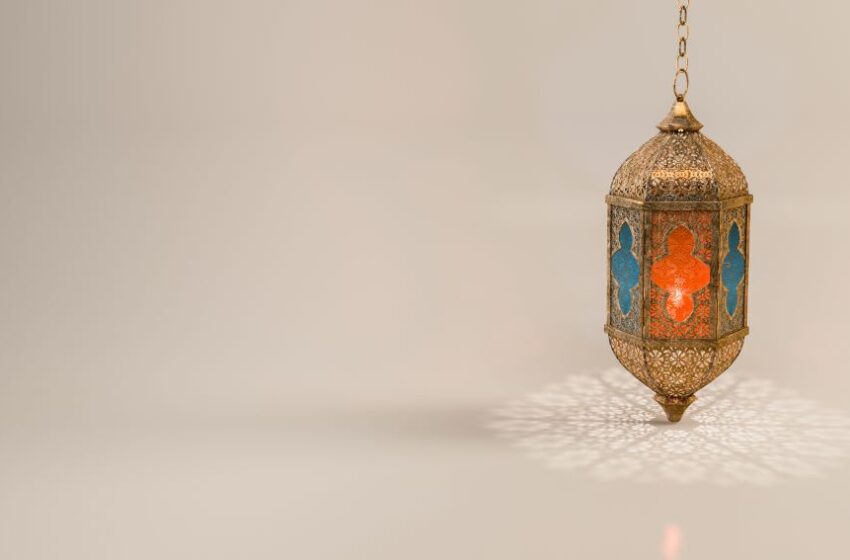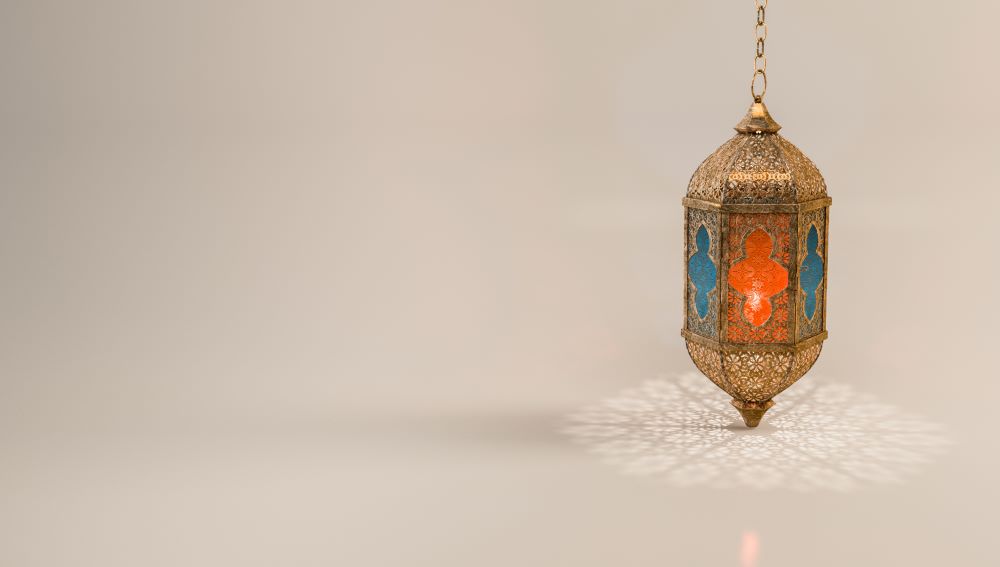
Al-Tafsīr Al-Kabīr – The Grand Exegesis, Sūrah al-Falaq Part 6

We proudly present the first full English translation of the commentary of Chapter 113, Sūrah al-Falaq, by Hazrat Mirza Bashiruddin Mahmud Ahmad (ra) in his magnus opus: Al-Tafsīr Al-Kabīr – The Grand Exegesis.
In the previous edition, there was mention of why Sūrah al-Falaq and Sūrah al-Nās are not combined, despite appearing to cover the same subject matter.
In this edition we explore the different meanings of ‘I seek refuge from Lord of the dawn’.
Translated by Murtaza Ahmad
Edited by The Review of Religions Translation Team.
In addition to being a collective prayer, the words قُلْ أَعُوذُ بِرَبِّ الْفَلَقِ َQul Aʿūdhu bi Rabb al-Falaq teaches us a prayer to attain perfection at the individual level as well. Therefore, Rabb refers to the Being Who gradually nurtures man until he reaches [a state of] perfection. In light of this, the tenor of the words قُلْ أَعُوذُ بِرَبِّ الْفَلَقِ is: ‘O Lord, Who brings forth light after darkness, bring me, too, out of the darkness into the light.’ It is evident that dawn breaks the darkness. Little by little it begins to get lighter, and the sun ascends until, by midday, it starts to shine brightly. It is as though it is said: ‘O Lord, Who combined in man all the personal excellences and provisions as were necessary for him to progress. You have explained how man uses these means to complete and perfect himself. O God, Who is Perfect in Himself! Grant me also the opportunity to attain excellences and perfection. Bestow such excellences upon me, in accordance with Your Rubūbiyyah [providence] so that I may shine, too, in the world just as the sun glows during its zenith. And safeguard me against all kinds of pain and afflictions, and let nothing hinder me from attaining excellence.
The word Falaq also means ُالْخَلْقُ كُلُّه i.e. all creation. Thus, قُلْ أَعُوذُ بِرَبِّ الْفَلَقِ would mean here: ‘I seek refuge with the God Who is the Lord of all creation,’ that is, the Creator of all things big and small. In this verse, God Almighty has used the word al-Falaq instead of the word Khalq. The word al-Falaq has an additional meaning compared to the word Khalq, as Khalq only signifies creation while the word Al-Falaq also denotes the sense of moving from a lower to a higher state. Al-Falaq also means to proceed from darkness into light. This is why dawn is also referred to as al-Falaq. Hence, when something dark moves towards the light, it is referred to as al-Falaq. If only the word Khalq had been used, it would not have conveyed the sense that God nurtures mankind from a lower state to a higher one. However, the term al-Falaq signifies that initially [the process of] creation begins at a lower state and is then raised higher by Allah Almighty. Thus, in the words أَعُوذُ بِرَبِّ الْفَلَقِ, where Allah Almighty has instructed us to seek protection, He has also explained the means through which we should do so. That is to say, we should seek refuge with the Creator and Master of all things, and Who, protecting us from harmful and hurtful things, can enable us to achieve greater heights of success. For instance, if one is chased by a dog, only the dog’s owner can save one from its harm. Firstly, this command shows that the Being from Whom we should seek the protection is of the One Being Who is our Lord and Master. Secondly, that He is One Who grants refuge and has the ability to elevate all of creation from a low state to a high state.
مِنْ شَرِّ مَا خَلَقَ: “I seek His protection against the evil of all things He has created.” This indicates that there is nothing in the world that cannot be used for evil. Usually, people consider some things to be good and others to be evil. However, the Holy Qur’an tells us that this is not true. Everything can be good and everything can also be evil. There is nothing good in the world that is free from evil, and there is no evil that is completely devoid of good. Take, for instance, poverty and wealth. Without the grace of Allah Almighty, wealth can result in evil, while with God’s grace even poverty cannot bring evil consequences. What great wealth Prophet Solomon [on whom be peace] was blessed with! He himself says that Allah Almighty had blessed him immeasurably, yet his wealth acted as a force of good for him rather than evil. Similarly, many companions of the Holy Prophet (sa) were also very wealthy. It is reported that at his demise, Ḥaḍrat ‘Abd al-Raḥmān Ibn ‘Auf (ra), left behind wealth and property amounting to 25 million rupees – even though the Companions (ra) reported that he was not considered the wealthiest among them – which means that there were other Companions (ra) who were even more wealthy than Ḥaḍrat ‘Abd al-Raḥmān Ibn ‘Auf (ra). Yet despite their extreme wealth, their riches did not become evil for them. In contrast, there was a time when the companions experienced extreme poverty, but despite this, it did not bring about evil consequences for them, even though we observe that many people become dacoits and robbers because they are poor.
The truth is that evil consequences emerge for a person when they lose God’s protection and refuge. That is why God Almighty has taught us, قُلْ أَعُوذُ بِرَبِّ الْفَلَقِ * مِنْ شَرِّ مَا خَلَقَ ‘Say, “I seek refuge in the Lord of all creation from the evil consequences of what He created”’, meaning: ‘Do not say, “Lord, x is evil, so save me from it and grant me y instead because it is good.”’ This is because the evil of all evil things and the goodness of all good things depends on how close or distant we are to divine refuge and protection. If a person does not seek refuge with Allah Almighty, even a good thing becomes evil for him, and if one seeks refuge in the sanctuary of God Almighty, then even something evil can become good for him. How wonderful it is, indeed, for one to possess knowledge of, and act upon the Book of God Almighty. Nevertheless, the Holy Qur’an likens the Jewish scholars to ‘a donkey carrying a load of books’ (62:6). And despite how evil Satan is, even the Holy Prophet (sa) used to say, ‘My Satan has become a Muslim, and only enjoins me to do good.’ This simply means that whatever thought Satan wanted to implant in the heart of the Holy Prophet (sa) would turn into a virtuous thought upon entering his heart.
The serialisation of Surah al-Falaq will continue in the next edition.



